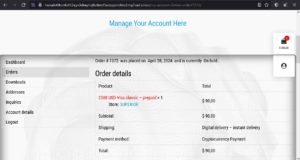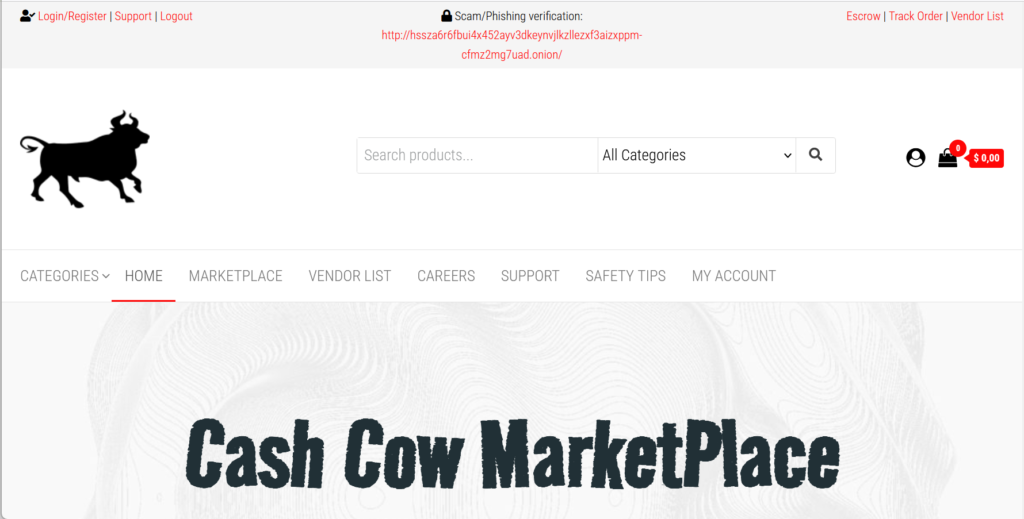Table of Contents
ToggleCash Cow – TOR Scam Report (6)
Onion Link: http://hssza6r6fbui4x452ayv3dkeynvjlkzllezxf3aizxppmcfmz2mg7uad.onion
Scam Report Date: 2024/05/08
Client Scam Report Breakdown
Original Report Summary:
The client submitted a scam report detailing a transaction involving the purchase of a card from an online marketplace that claims to offer a variety of services, including prepaid cards, cash transfers, and other products. The client’s specific complaint revolves around not receiving updates on the purchased card, which remains undelivered. Furthermore, despite providing proof in the form of a screenshot, the client has not received a refund and is requesting that their payment, made in Bitcoin, be returned to the specified Bitcoin address: 1HVa6EjGL72rsZkzyFm5AryPSt7BP9Rm5T.
Photos:


Verification and Analysis of the Scam Report
Based on the data provided from the marketplace’s website, the platform advertises itself as a secure and anonymous marketplace operating on the dark web. The site claims that all vendors undergo rigorous verification processes, including certification tests and random product sampling, to ensure buyer safety. However, the client’s experience contradicts these assurances. The lack of updates and failure to deliver the purchased card, along with the marketplace’s unresponsiveness to refund requests, suggest potential fraudulent activity. This discrepancy raises concerns about the legitimacy of the marketplace’s claims, particularly regarding the effectiveness of their escrow system, which is designed to protect buyers by holding payments until the product is delivered and confirmed by the buyer.
Terminology and Implications
In this context, it is essential to define key terms and concepts that appear in the scam report. The “dark web” refers to a part of the internet that is not indexed by traditional search engines and often requires special software, such as Tor, to access. The “escrow system” mentioned in the marketplace’s description is a third-party service that holds funds during a transaction, releasing them only after both parties have met the agreed-upon conditions. The client’s use of “Bitcoin” as a payment method is significant because Bitcoin transactions are decentralized and irreversible, making it challenging to recover funds once they are sent. These terms and the associated practices are critical to understanding the nature of the transaction and the challenges the client faces in seeking redress.
Conclusion
The client’s report highlights a serious issue with the marketplace’s operations, particularly in terms of transparency and accountability. The platform’s failure to provide updates, deliver the purchased product, and issue a refund as per the client’s request suggests that the client has been scammed. The case underscores the risks associated with transacting on anonymous marketplaces, especially those operating on the dark web, where recourse is limited and fraud is prevalent. The report serves as a cautionary tale for others considering similar transactions and emphasizes the importance of thoroughly researching and verifying the legitimacy of online vendors before making purchases, particularly when using irreversible payment methods like Bitcoin.







